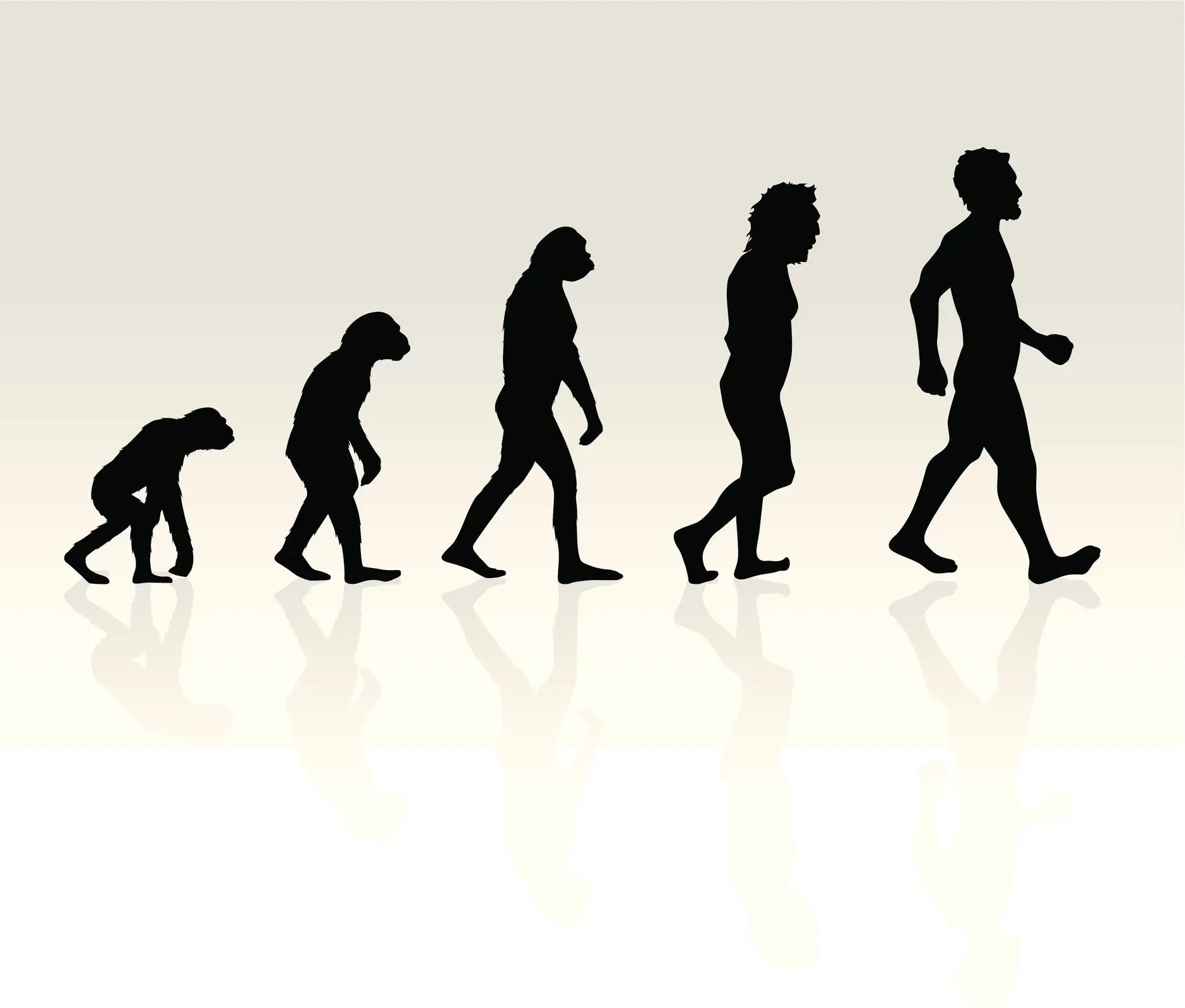Genetic variation in human ancestors may partly explain why humans don't have a tail, suggests a study published today on the cover of a journal Scientific journal Nature.
The study conducted by scientists from NYU Grossman School of MedicineIn the United States, she compared the DNA (genetic code) of tailless apes (such as gorillas, chimpanzees, and orangutans) and the DNA of humans with the DNA of tailed apes and revealed the inclusion of DNA shared by apes and humans, but absent in apes.
In the laboratory, the team genetically manipulated mice to check whether introducing them into A The gene is called TBXT So I affected their tails, and discovered several effects, as some rodents are born without tails.
Scientists confirm that the differences in tail lengths that were found did not arise from mutations in the TBXT gene, but from… Insertion of a segment of DNA called AluY into the regulatory code of genes in the ancestors of apes and humansNew York University says in a statement.
The note highlights that genes often affect more than one function in the body, so… “Changes that bring advantage in one place may be harmful in another.”
Increase in neural tube defects
The study authors found a slight increase in neural tube defects (the embryonic structure that will give rise to the brain and spinal cord) in the genetically manipulated mice.
In future experiments, the team wants to test the theory that, in an “ancient evolutionary compensation,” tail loss in humans contributed to neural tube birth defects, such as spina bifida, which are currently observed in “one in every thousand human newborns.” .

“Coffee trailblazer. Social media ninja. Unapologetic web guru. Friendly music fan. Alcohol fanatic.”

